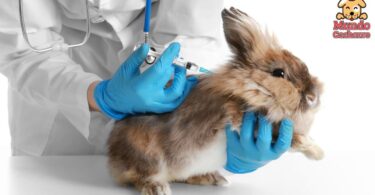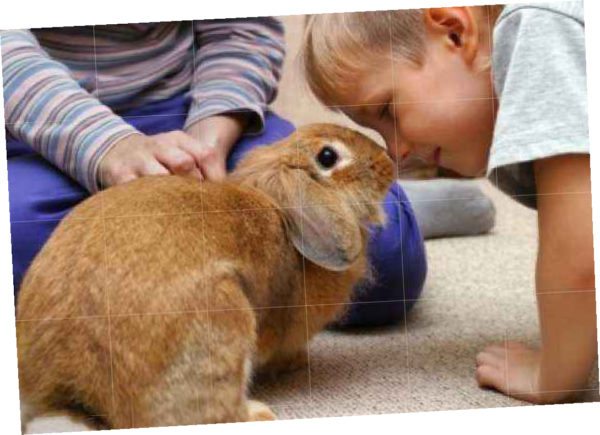Domestic fowl, like any other living creature, can get sick. However, people are not always aware of the symptoms they present when they are unwell or know when they are in the presence of a sick bird.
Indice
If you have a domestic bird at home, it is important to know what the most frequent symptoms are. This way, you can quickly call for help to help your bird get back to health. Of course, it will always be essential to ask for help from your veterinarian, who is the professional qualified to know what is happening with your bird.
6 tips to keep your pet bird healthy
Frequent symptoms of a sick bird
Identifying the symptoms of a sick bird will help you to treat it as soon as possible. Be aware that the symptoms of a sick pet bird may vary depending on the specific disease or condition that is affecting the bird. However, some common symptoms that might indicate that a domestic fowl is sick include:
- Behavioral changes: In these cases, you should pay attention to lethargy or lack of energy, inactivity and social isolation. If you see your bird turning away and staying alone in a corner of the cage or aviary, it may be sick.
- Changes in appearance: When a bird has untidy or ruffled plumage or abnormal feather loss, it is time to see a veterinarian. Abdominal bloating or distention is also striking. If your bird’s eyes are closed or partially closed during the day, this can also be a warning sign, as well as nasal or eye discharge.
- Feeding changes: Loss of appetite and difficulty swallowing or drinking may be a symptom of something upsetting your bird. In case of changes in stool consistency, such as diarrhea or constipation, it is advisable to consult a veterinarian.
- Respiratory problems: A bird with rapid or labored breathing, frequent sneezing or coughing may be sick. If he makes abnormal breathing sounds or changes in vocalization, it is also a warning about his health. Changes in singing or habitual squawking, decrease or loss of vocalization are to be taken into account.
- Abnormal behavior: By this we mean uncoordinated movements or tremors, convulsions, constant rocking of the head. Observe your bird and if suddenly there is abnormal behavior, consult your veterinarian.
- Changes in body weight: Both noticeable weight loss and sudden weight gain are situations that may be alerting you that something is not right with your bird.
How to care for your parrot
Different symptoms
It is important to note that these symptoms may vary according to the species of bird and the specific disease. If you notice any of these signs in your pet bird, it is crucial to consult a veterinarian specializing in birds or exotic animals as soon as possible. Birds can hide signs of disease until they are seriously ill, so early detection and proper treatment are essential to their well-being.
Image courtesy of https://pixabay.com, all rights reserved.







